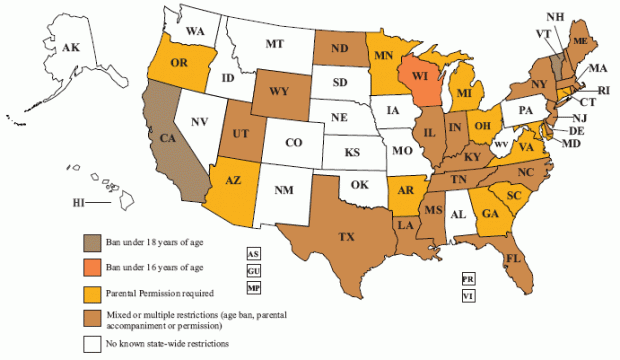
It is important to stay on top of the tanning regulations in your state. As you know, the tan tax is the latest sin tax to be installed in an effort to build state and federal coffers and curb indoor tanning as it is deemed a health hazard by doctors and public health agencies. Unfortunately, the World Health Organization has classified indoor tanning beds in the same category as cigarettes and arsenic for causing cancer. This has sent a strong message throughout the medical community, as well as the general public, which has villanized the indoor tanning industry. As a result, reinforcement to quell the opposition and present a more logical approach to UV exposure and its health benefits was needed.
The Indoor Tanning Association (www.theita.com) is heavily involved in shedding light on the industry and lobbying against further bans and restrictions. Since 1999, they have continued to promote responsible sun care and sunburn prevention. They represent thousands of indoor tanning manufacturers, distributors, facility owners and members from other support industries who collectively employ over 140000 people. As with so many things in life, moderation is the key. Timed sessions of UV exposure, along with the undeniable health benefits of Vitamin D, have been the mantra of this association.
Taxing UV exposure, when people of all ages can just as easily suffer from overexposure to the sun at their neighborhood swimming pools, sporting events, trips to the beach, etc. is unsavory to salon owners and has definitely caused economic woes throughout the industry. The tax has to be passed on to the consumer; but, worse than that, the image of indoor tanning has been tainted. Now the tanning ban (age restrictions on tanning) is in force in over two thirds of the United States with more states lining up to adopt the regulations.
As one woman so aptly asked, “What’s next, are they going to ban swimming pools.” Why not? If they can ban 16 oz. drinks in New York City, there’s no telling how far it can go. We know it’s impossible to regulate morality; but, by the same token it’s hard to regulate responsibility. Handcuffing a particular industry is not the answer particularly when UV exposure is everywhere. Education and self-regulation is the only way to instill responsibility and it’s offensive that the public has to endure yet another tax and another industry has to bare the burden.
Stay informed and know what’s happening in your state. Be aware of new state representatives and their stance on the subject. Knowledge is power; but so is letting your voice be heard. Never underestimate the power of a letter or any correspondence for that matter. Organize. There is power in numbers as well. Those of us in this industry have been forced to expand our business/marketing plans and reorganize to keep our doors open. Don’t let it stop there.






1 Comment
Eileen–nice website. Here’s some more to add to it.
http://joe1resource.blogspot.com/